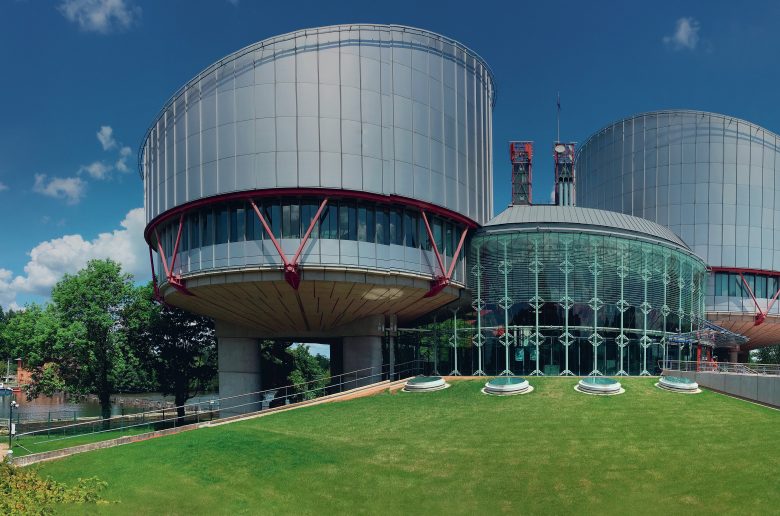
This article is relevant to AQA A-level Paper 3 (human rights) and OCR A-level Component 3 (human rights law).
The right to protest, march or to publicly amplify an opinion through demonstration is a fundamental right in any democracy. The belief that the executive, legislature or a judicial decision can and should be openly challenged in such a way by ordinary citizens separates democracies from dictatorships or autocracies. Similarly, the right to join organisations to challenge decisions made by public bodies is a democratic right — as is the contrary: the right of citizens not to be forced to join groups or organisations if they do not wish to do so.
Your organisation does not have access to this article.
Sign up today to give your students the edge they need to achieve their best grades with subject expertise
Subscribe




